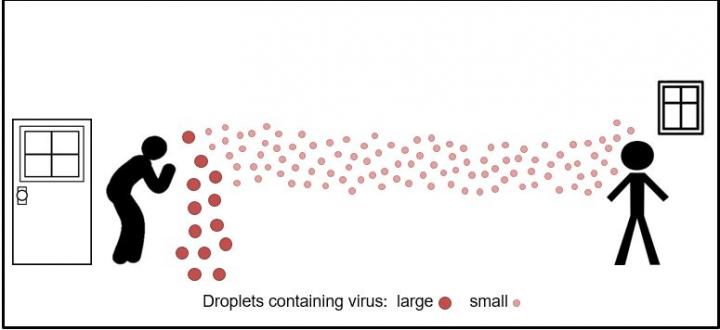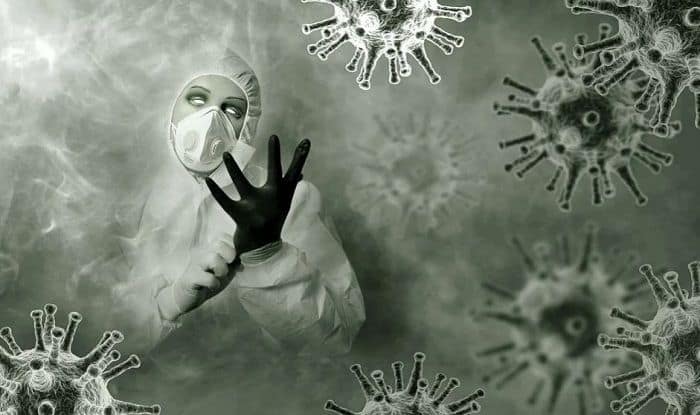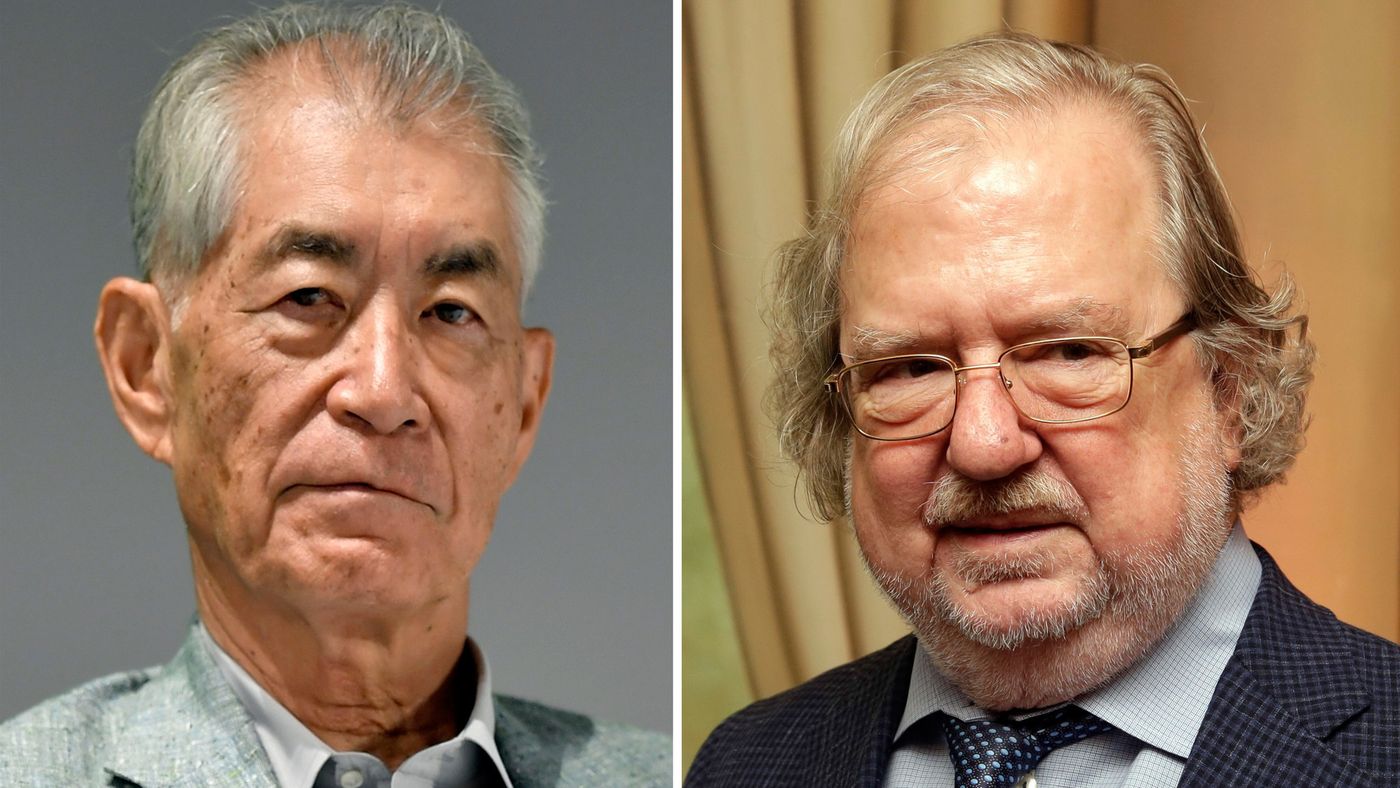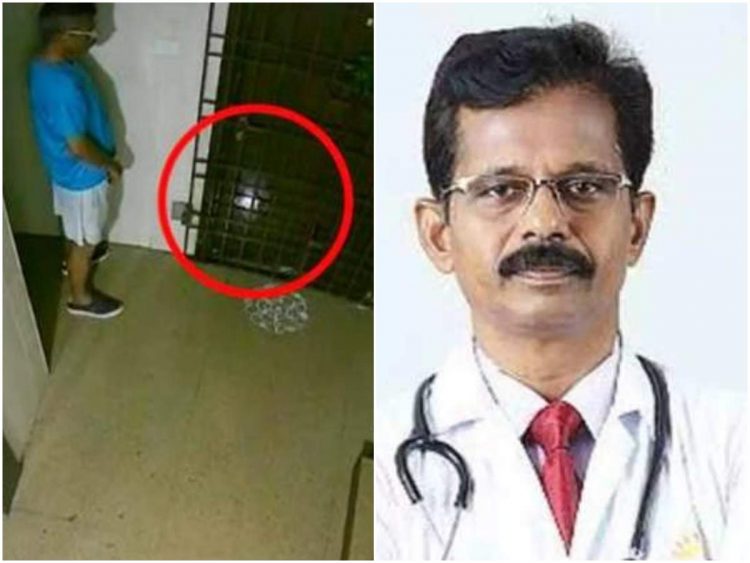In continuation of yesterday article 1/2
Many experts said the WHO should embrace what some called a “precautionary principle” and others called “needs and values” the idea that even without definitive evidence, the agency should assume the worst of the virus, apply common sense and recommend the best protection possible.
“There is no incontrovertible proof that Sars-CoV-2 travels or is transmitted significantly by aerosols, but there is absolutely no evidence that it’s not,” said Dr Trish Greenhalgh, a primary care doctor at the University of Oxford in Britain.
“So at the moment we have to make a decision in the face of uncertainty, and my goodness, it’s going to be a disastrous decision if we get it wrong,” she said. “So why not just mask up for a few weeks, just in case?”
After all, the WHO seems willing to accept without much evidence the idea that the virus may be transmitted from surfaces, she and other researchers noted, even as other health agencies have stepped back from emphasising this route.
“I agree that fomite transmission is not directly demonstrated for this virus,” Dr Allegranzi, the WHO’s technical lead on infection control, said, referring to objects that may be infectious. “But it is well known that other coronaviruses and respiratory viruses are transmitted, and demonstrated to be transmitted, by contact with fomite.”
The agency also must consider the needs of all its member nations, including those with limited resources, and make sure its recommendations are tempered by “availability, feasibility, compliance, resource implications”, she said.
[splco_spacer]

[splco_spacer]
Aerosols may play some limited role in spreading the virus, said Dr Paul Hunter, a member of the infection prevention committee and professor of medicine at the University of East Anglia in Britain.
But if the WHO were to push for rigorous control measures in the absence of proof, hospitals in low- and middle-income countries may be forced to divert scarce resources from other crucial programmes.
“That’s the balance that an organisation like the WHO has to achieve,” he said. “It’s the easiest thing in the world to say, ‘We’ve got to follow the precautionary principle’ and ignore the opportunity costs of that.”
In interviews, other scientists criticised this view as paternalistic. “‘We’re not going to say what we really think, because we think you can’t deal with it?’ I don’t think that’s right,” said Dr Don Milton, an aerosol expert at the University of Maryland.
Even cloth masks, if worn by everyone, can significantly reduce transmission, and the WHO should say so clearly, he added.
[splco_spacer]









